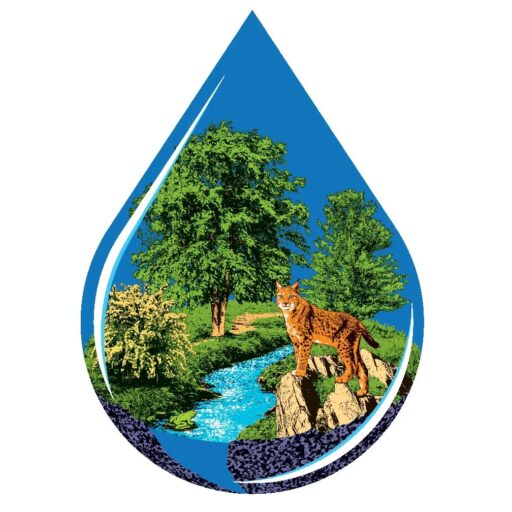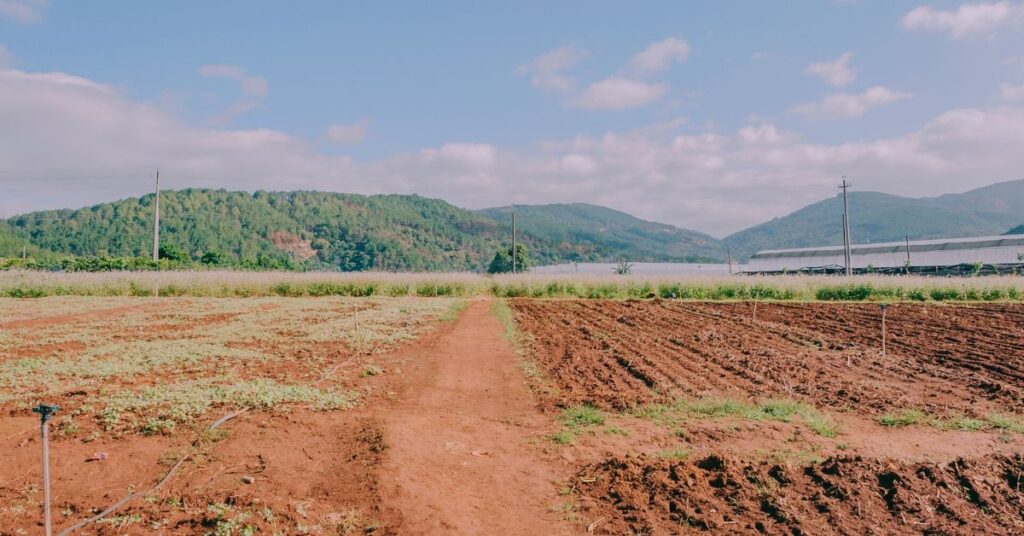Life in the Soil and Landscape
An incredible diversity of organisms make up the soil food web. These organisms range in size from the tiniest one-celled bacteria, algae, fungi, and protozoa, to the most complex nematodes and microarthopods, to the visible earthworms, insects, small vertebrates and plants.
As these organisms eat, grow and move through the soil, they make it possible to have healthy plants, healthy soil, moderated water flow, clean water and clean air.
There are many ways that the soil food web is an integral part of landscape processes. Soil organisms decompose organic compounds, including manure, plant residue, and pesticides, preventing them from entering water and becoming pollutants.
They store nitrogen and other nutrients that might otherwise enter groundwater, and they fix nitrogen from the atmosphere, making it available to plants. Many organisms enhance soil aggregation and porosity, thus increasing infiltration and reducing runoff. Soil organisms prey on crop pests and are food for above-ground animals.
Organisms and Their Interaction
The soil food web is a community of organisms living all or part of their lives in the soil. A series of conversions of energy and nutrients, as one organisms eats another, demonstrates the action of the soil food web.
All food webs are fueled by the primary producers: the plants, lichens, moss, photosynthetic bacteria, and algae that use the sun’s energy to fix carbon dioxide from the atmosphere. Most other soil organisms, and waste by-products. A few bacteria, called chemoautotrophs, get energy from nitrogen, sulfur or iron compounds rather than carbon compounds of the sun.
As organisms decompose complex materials, or consume other organisms, nutrients are converted from one form to another, and are made available to plants and to other soil organisms. All plants including grass, trees, shrubs and agricultural crops depend on the food web for their nutrition.
Growing and reproducing are the primary activities of all living organisms. As individual plants and soil organisms work to survive, they depend on interactions with each other. By-products from growing roots and plant residue feed soil organisms. In turn, soil organisms support plant health as they decompose organic matter, cycle nutrients, enhance soil structure and control the populations of soil organism, including crop pests.


